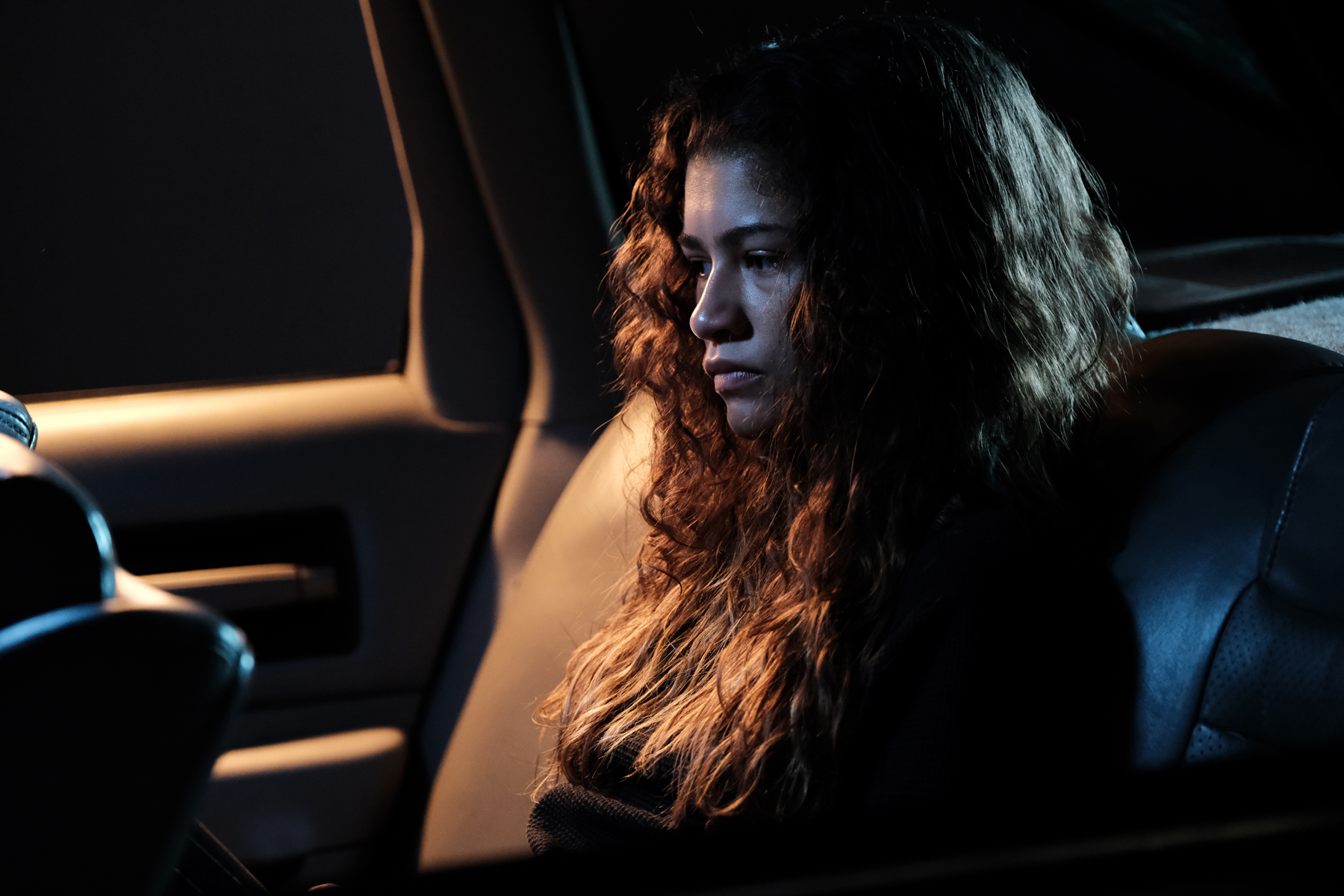By Anisah Mahamoud, BA International Relations
The first season of this improbable cult hit became legendary for how casually it hypersexualized adolescent life within the confines of a fantasy but ultimately explicit visual language. Season one received positive reviews, and Zendaya, who plays Rue Bennett on the show, earned an Emmy for her work last season. With the first season, the bar was set astronomically high, which I’m sure is why season two has received such varied reviews. New characters are introduced in the second season, such as Dominic Fike’s drug user Eliott, who becomes an accomplice in Rue’s relapse and new arcs develop such as the surprising companionship between Fezco and Lexi which is a pleasure to watch bloom amongst all the chaos.
There were many contrasting moments of reality and absurdity throughout the series. Nate’s aggressive father yelling at his family with his penis hanging out – is one of these moments. It’s audacity like this that makes it difficult to dismiss Euphoria as a hyper-sexualised depiction of adolescent agony. In this series, everyone is a nightmare and their own worst enemy, and their deep-seated psychological flaws might feel more based for the camera than consideration for the screenplay or the plot at times. In the fifth episode, Rue, portrayed by the fantastic Zendaya in a career-defining role, knocks the house down in a loud, spiteful, and almost too painfully terrible episode. Until this moment, Rue’s relapse has been a victim of the show’s artificial poetry, but in the fifth episode, the prickly antique clothed in gloss, tears apart its insides and the consequence is almost too distressing and heartbreaking. Yet this unbearable sequence comments on the reality faced by those dealing with addiction and the excruciating dialogue that occurs between them and their loved ones. Clearly, this episode transforms Euphoria and strips away from the branding of it being a show that glamorises addiction and paints an uncomfortable image for the audience to digest.
Episode 7, a commentary on the series itself baked into the narrative in the guise of a school play written by Rue’s friend Lexi (Maude Apetow) is the show’s most exhilarating high-wire performance yet. Levinson’s screenplay is characteristically bold in its structural energy, flitting from one crossing character and connection to the next while reflecting them all in the play, which we see from a number of views in the audience, on stage, and behind the scenes. But it’s Levinson’s team’s ability to blur the boundary between truth and theatricality by linking the ‘fictional’ and ‘actual’ worlds with amazingly intricate camera manoeuvres and sets that truly makes the episode spectacular.
It is safe to say that Euphoria has always been visually gorgeous, but in the process of embellishing its visual peaks, it has frequently plunged to narrative lows in order to keep its disordered chain of thought flowing.
For the time being, Levinson has patched together a conclusion that brings profound heartbreak, outrageous melodrama, and maddening turmoil together under one roof. The conclusion tries everything it can to bring its diverse elements together, weaving storylines together to establish formal consistency and support. The police storm into Fez’s entry after Nate closes the door on his father. Rue’s eulogy for her father begins with the words, ‘I was in the hall when you died,’ as Fez remains transfixed in his doorway as Ashtray is shot. It is safe to say that Euphoria has always been visually gorgeous, but in the process of embellishing its visual peaks, it has frequently plunged to narrative lows in order to keep its disordered chain of thought flowing.
Photo Caption: Actress Zendaya portraying the character of Rue (credits: Eddy Chen/HBO)

Great article!